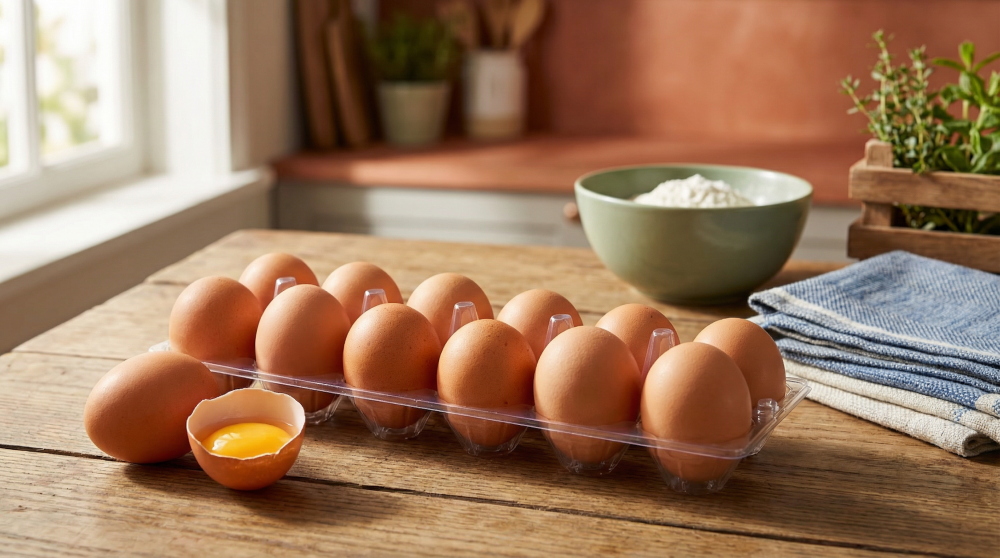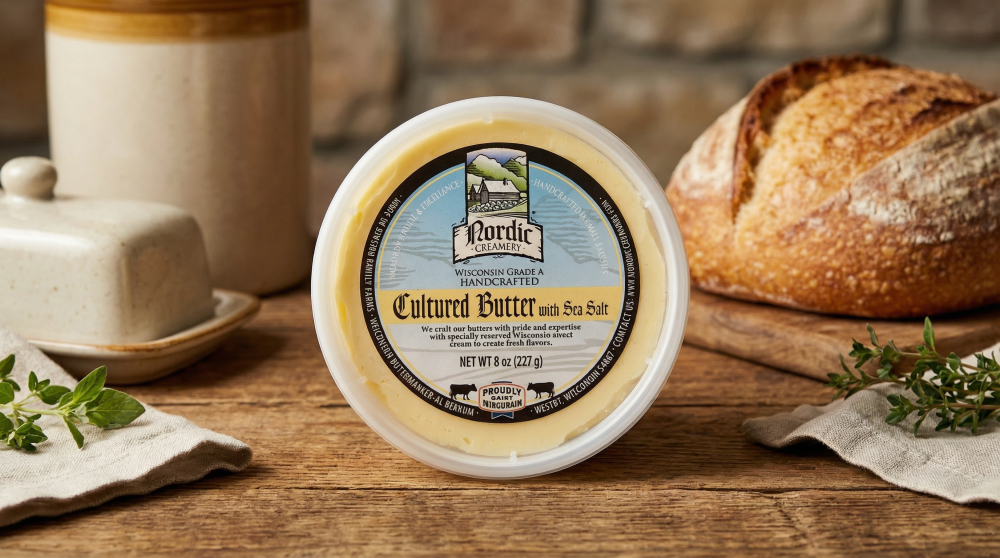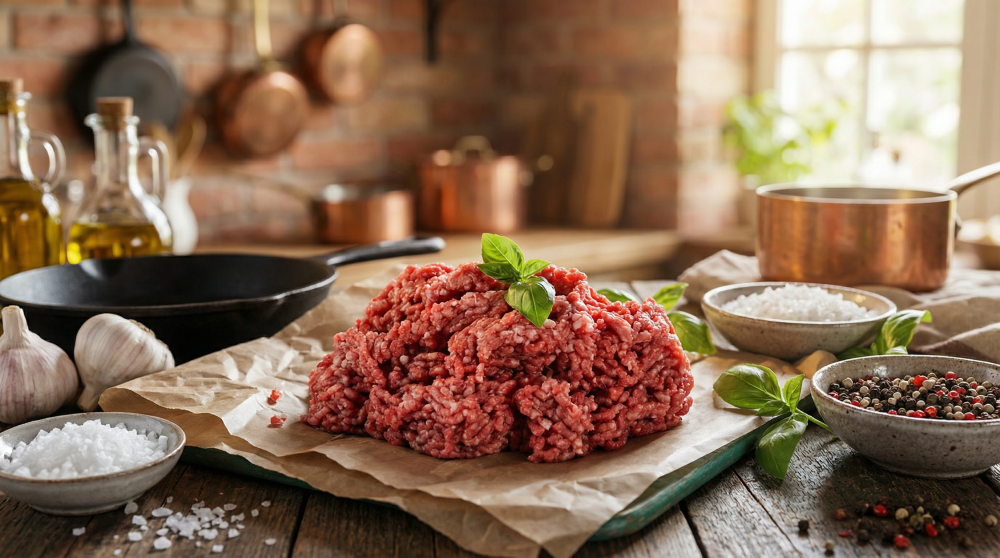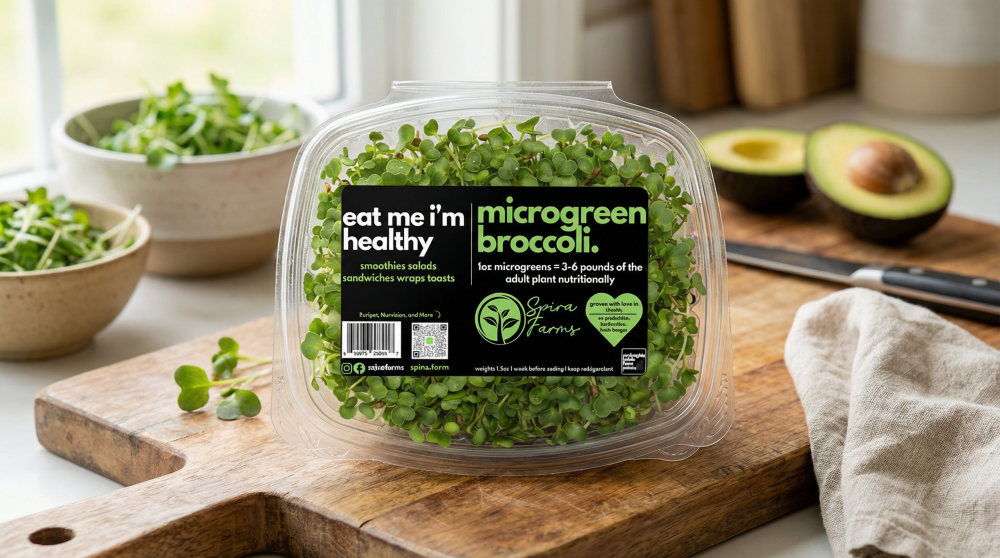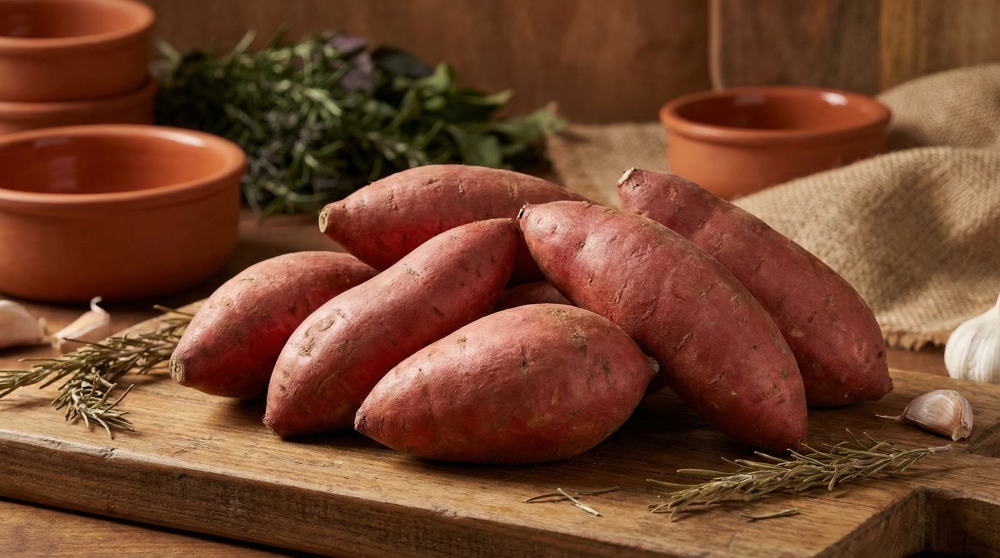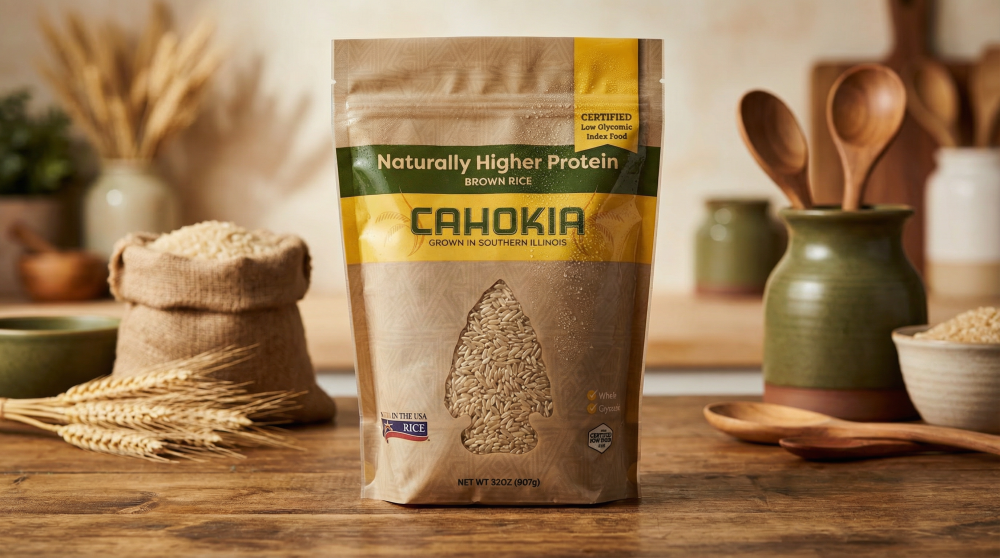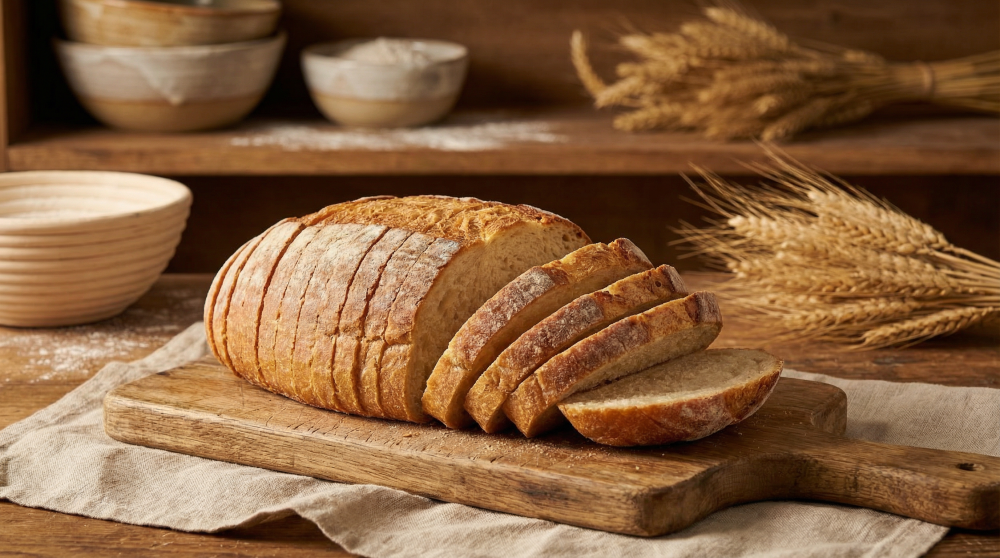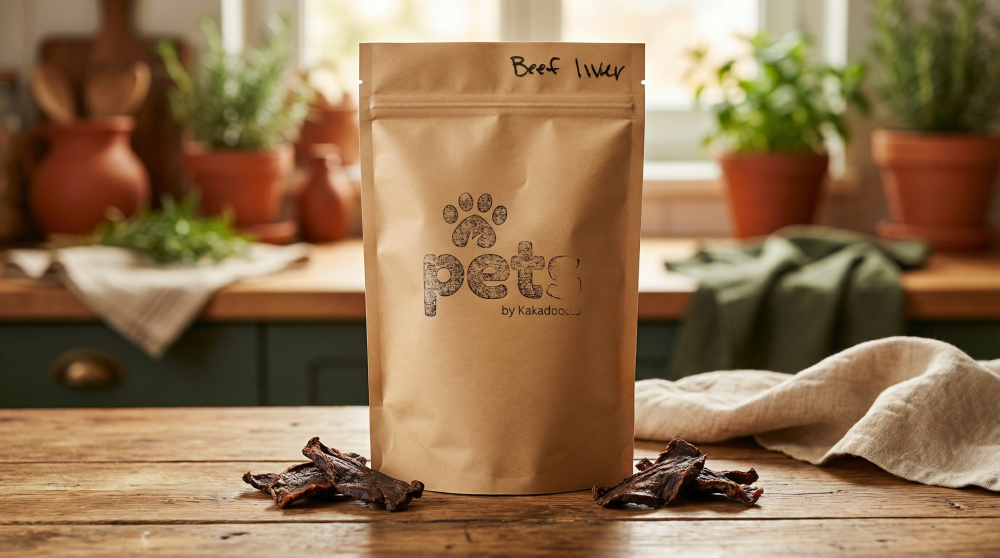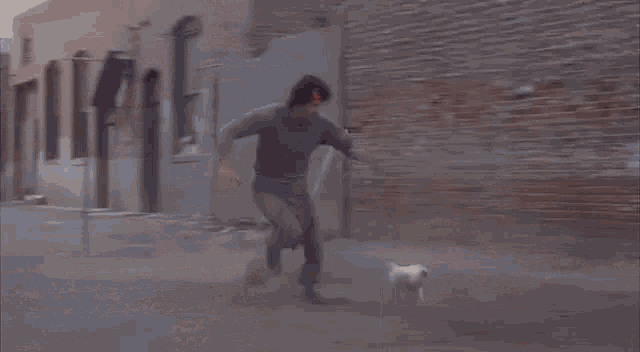article Something’s Not Right
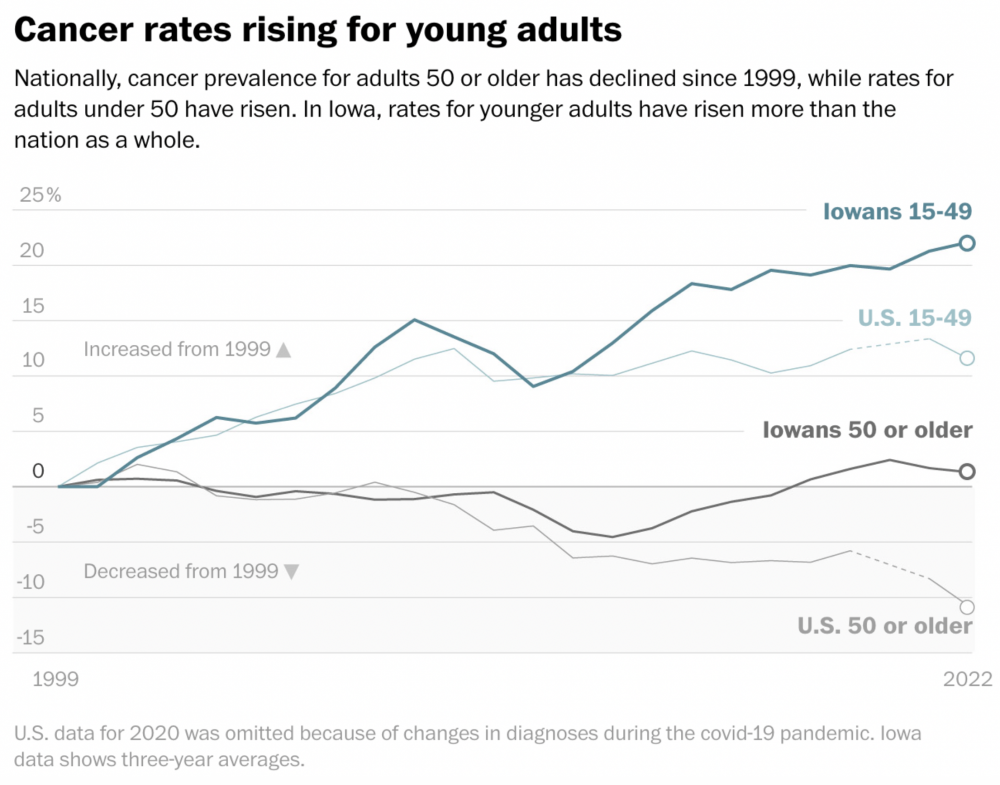
In 2018, I was diagnosed with Non-Hodgkin’s Lymphoma. Stage 4. They told me it was “incurable.”Somehow, I’m still here.
We never really knew why it happened. I was healthy, active — training for triathlons, biking long distances, in the gym most days. My bloodwork was perfect. I didn’t even feel sick.
When I asked my doctor what could’ve caused it, he mentioned environmental exposure — things like glyphosate (aka Roundup). But he couldn’t say for sure.
I didn’t grow up on a farm. But like many, I had a can of Roundup in the garage. I used it to kill weeds in the yard without thinking twice. That went straight to the trash after I got diagnosed.
Later I found out there are hundreds of types of Non-Hodgkin’s Lymphoma — and the specific strain I had is one of the types that’s been repeatedly linked to glyphosate exposure in the research. I ended up as part of the class action lawsuit against Monsanto, the company behind Roundup. I didn’t see much from it, but honestly, it was never about the money. It was about the principle — that places like Home Depot and Lowe’s were still selling this stuff like it was no big deal.
The other day, my mom sent me this article: The mysterious rise of cancer among young adults in the Corn Belt.
Across most of the country, cancer rates are actually going down — but not for young people in the Midwest. According to the Washington Post, people ages 15–49 in farm-heavy states like Iowa, Illinois, Nebraska, and Indiana now have some of the highest cancer rates in the nation. Skin, kidney, and lymph-related cancers — like mine — are rising the fastest.
And what do all those states have in common? Endless corn and soy fields — all dependent on chemicals like glyphosate to “feed the nation.”
But it’s not limited to just farm workers. Have you heard of the Saga of Soggy Sauerkraut? It’s a real study that uncovered how glyphosate can move through the entire food chain — from animal feed to your plate.
In that case, an organic sauerkraut producer lost nearly a million dollars in spoiled product after discovering the cabbage used for fermentation had become nutrient-deficient. The culprit? Poultry manure from conventionally raised birds. Those birds had been fed conventional corn and soy feed (sprayed with glyphosate), and the chemical passed right through their system into their manure. When that manure was spread on organic fields, it tied up essential minerals in the soil — weakening the cabbage and ruining the final sauerkraut.
Think about that. A chemical sprayed on grain for animal feed ended up destroying organic sauerkraut. From the feed… to the chickens… to their poop… to the soil… to the cabbage… and finally to the food on someone’s plate.
Why This Matters to Us
When we see articles like this, it’s weirdly reassuring — not because the news is good, but because it confirms that what we’re doing matters.
This isn’t some fringe issue. It’s not obscure. It’s not overblown. The science is catching up to what we’ve felt in our gut for years: our food system is broken, and people are getting sick because of it.
That’s why we went all in on this mission to get chemical-free food into as many hands as possible. We both left stable careers — MariKate as a nurse, me as a software guy — and jumped headfirst into farming with no roadmap, no safety net, just a gut feeling that there had to be a better way… and maybe, just maybe, we could help move the needle.
If you’ve been following our journey, you know it hasn’t been easy. Far from it. There’ve been moments where we wondered what we got ourselves into. If I’d known the full weight of the sacrifice before we started, I honestly don’t know if we would’ve done it.
But we’re in it now.
And we believe it’s worth it. Articles like this help reinforce that.
We believe in:
- No glyphosate. No chemicals. Ever.
- Regenerative farming that heals soil, water, and trust.
- Radical transparency, because people deserve to know where their food comes from — and what’s in it.
We’re not trying to scare anyone. We’re just not willing to pretend this stuff doesn’t matter.
Because it does.
Because we’ve lived it.
And because we’re betting our life’s work on building something better.
